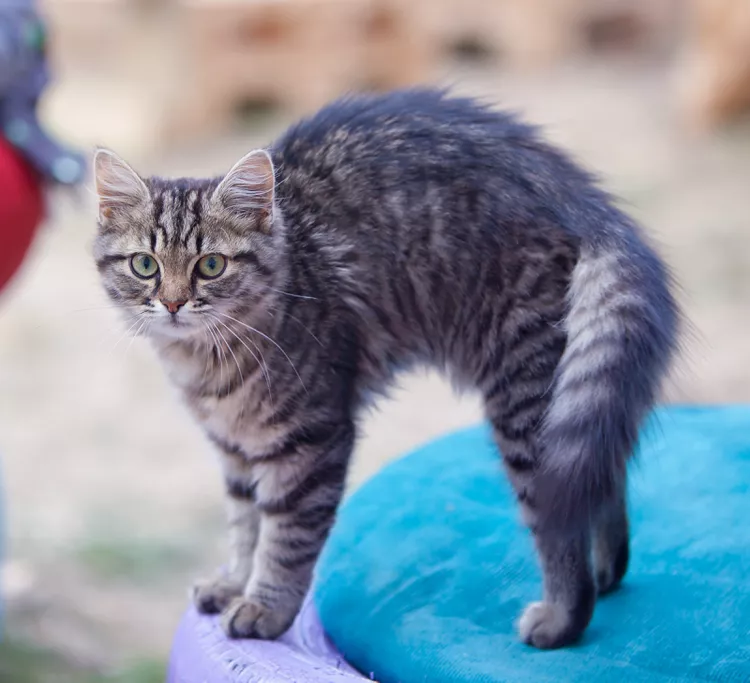
Feline Hyperesthesia Syndrome (FHS), commonly called rippling skin disorder, can be mistaken for normal crazy behavior in cats. However, it's a syndrome that may require treatment. Tuning in to the symptoms, such as skin twitching, abnormal vocalizations, and erratic behavior will help you and your veterinarian identify the need for medical intervention.
Learn more about Feline Hyperesthesia Syndrome and its common treatments and prevention methods.
Feline Hyperesthesia Syndrome (FHS) is a disorder in which the characteristic symptom is rippling or shuddering skin (particularly on the back, near the base of the tail). FHS also manifests as behavioral abnormalities that are even more concerning, such as excessive vocalization and generalized agitation.
To track symptoms that may indicate FHS, consider documenting the frequency of twitching or odd behaviors, such as:
The exact cause of Feline Hyperesthesia Syndrome is often unknown. Because of this, FHS has been categorized as a behavioral, neurological, and/or skin disorder. While any cat can be affected by it, Asian breeds such as the Siamese, Burmese, Abyssinian, and Persian tend to be diagnosed more frequently. Most cats affected by Feline Hyperesthesia Syndrome start to exhibit symptoms between one and seven years of age. Possible triggers include:
Diagnosis of FHS is often a process of elimination. A veterinarian will often look for evidence of skin disease, trauma, or underlying health conditions before making a diagnosis. Because this condition is so often idiopathic (no known cause), your doctor may recommend dietary and environmental modifications before opting for more diagnostic tests like an MRI. Of course, if seizures have been noted, then neurological tests may be recommended.
A cat with FHS can be helped at home by relieving stressors along with providing exercise-based activities, such as interactive play with wand toys. Clicker training, a very effective and fun behavioral modification approach, may be used to stimulate a cat's activity level and alleviate anxiety.
Removing negative influences and exposures, such as other aggressive pets or loud noises, can help. A diet change to a hypoallergenic diet may be tried in cats with known or suspected allergies. Effective flea control is a must.
Anti-convulsant medication such as phenobarbital may occasionally be prescribed for the FHS cat that experiences seizures, or low dosages of mood-stabilizing drugs may be prescribed to help calm a cat.
Although a cat with FHS may never be entirely "cured" with modifications or medication, you can work with a pet behaviorist to help your cat feel happier and more comfortable.
The quality of life for a cat with FHS depends on the cause of the condition. The goal of treatment is to make a cat more comfortable. If a recommended treatment does not seem to be working, a follow-up with a veterinarian is recommended.
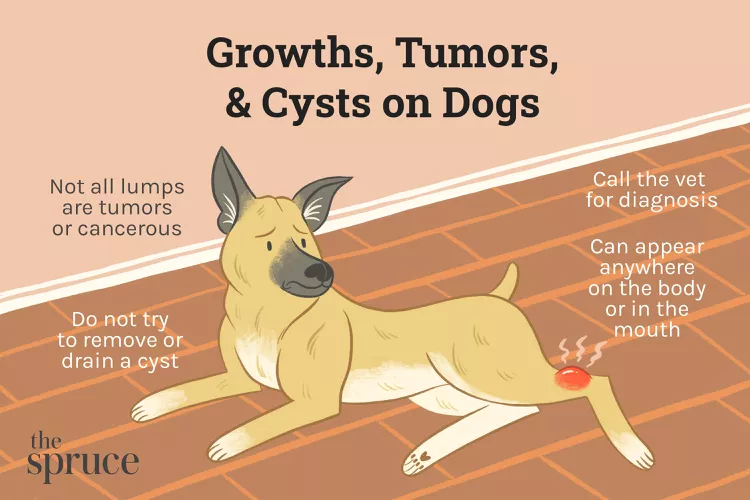
Tumors, Growths, and Cysts in Dogs
Tumors, lumps, growths, or cysts are commonly found on dogs. Learn the causes, treatments, and preventative measures.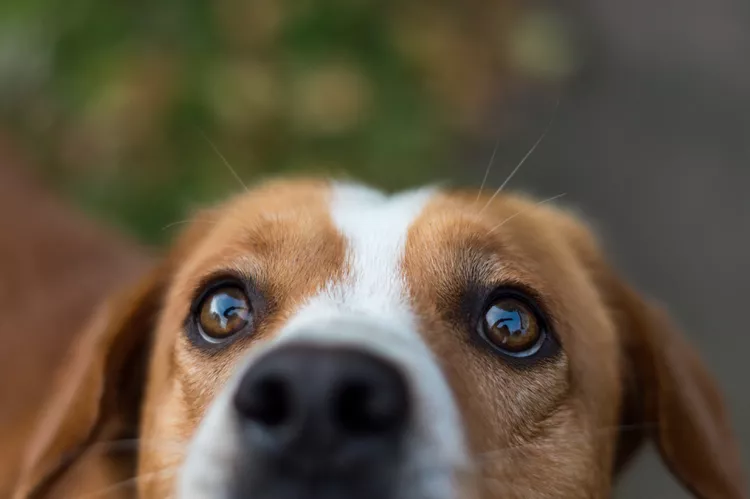
Eye Injuries and Infections in Dogs
Dogs can suffer eye injuries that range from mildly irritating to serious medical emergencies. Learn the causes, treatment, and prevention.
Vestibular Disease in Dogs
Vestibular disease affects a dog's balance and eye movements. Find out about the signs, causes, and treatment of vestibular disease in dogs.
Is Acetaminophen Safe for Dogs?
Acetaminophen is used by humans for pain and fever relief, but is it safe for dogs? Here's what you need to know before giving your dog acetaminophen.
Can Dogs Eat Zucchini? Everything to Know About This Hardy Summer Squash
Zucchini is a nutritious food that's safe for dogs to eat in moderation. This low-calorie, high-fiber vegetable can be incorporated as a healthy treat in a dog's balanced diet. Learn more about its health benefits, potential risks, and how to prepare it.
Can Dogs Eat Popcorn? What You Need to Know for Movie Night
Dogs can eat popcorn, but there are safety concerns. Find out how to safely feed your dog popcorn and what you should do if you're concerned.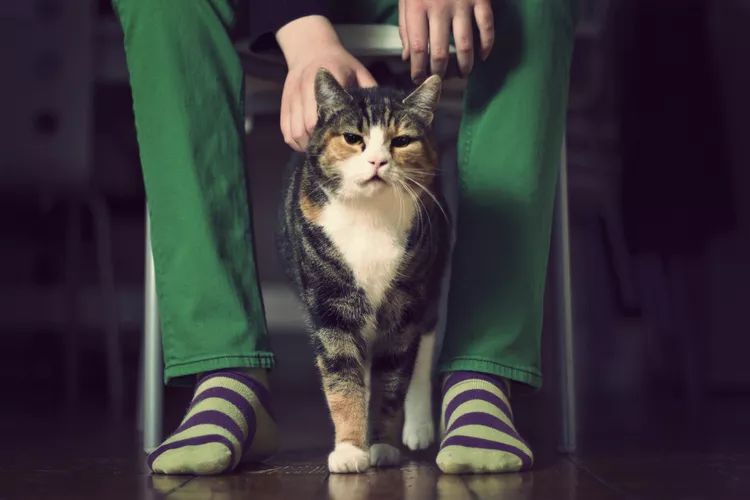
65 Irish Cat Names
Irish cat names can pay homage to historical places, local cuisine, famous Irish actors and musicians, or other wonderful aspects of the Emerald Isle.
46 Egyptian Cat Names
Whether inspired by notable Egyptian deities, locales, or pharaohs, Egyptian cat names can bring out the divinity of your noble feline companion.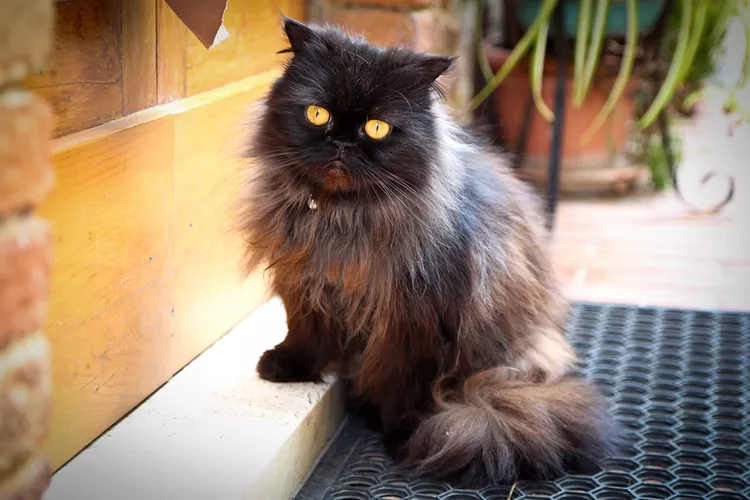
Are Ant Traps Safe for Cats?
Here's how to know if ant traps are safe for cats and how to keep yours free from harm if you have an ant problem.
The 6 Best Cat Nail Clippers of 2024 for a Safe Trim
Clipping your cat's nails can save your furniture and keep your kitty comfortable. We asked veterinarians for their cat nail clipper recommendations.
Is Neosporin Safe for Cats?
A brief summary of concerns a cat owner should be aware of before putting Neosporin on their cat, plus tips for things they can use at home instead.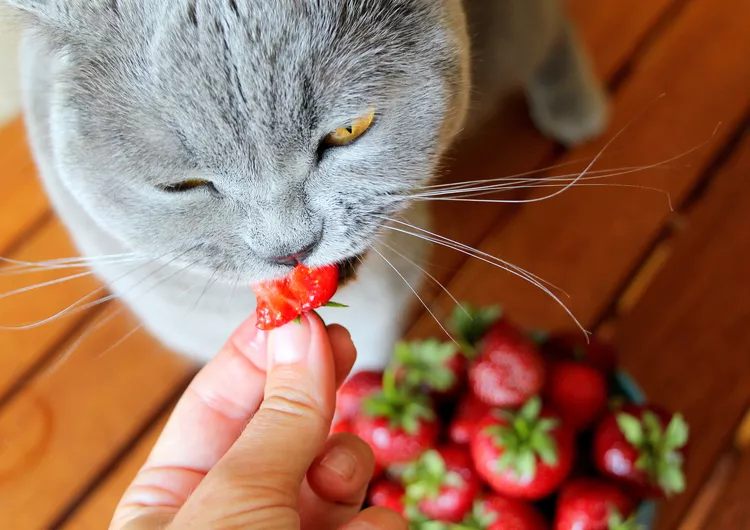
Can Cats Eat Strawberries? How to Safely Share This Summer Berry
Although cats are primarily meat eaters, strawberries may be an interesting and tasty snack for your feline friend. Find out the risks of feeding strawberries to cats and how to safely let your cat enjoy this fruit.
Cute Pictures & Facts About Calico Cats & Kittens
Learn fascinating facts about calico cats, including photos, the genetics behind this color combination, and common folklore and traditions.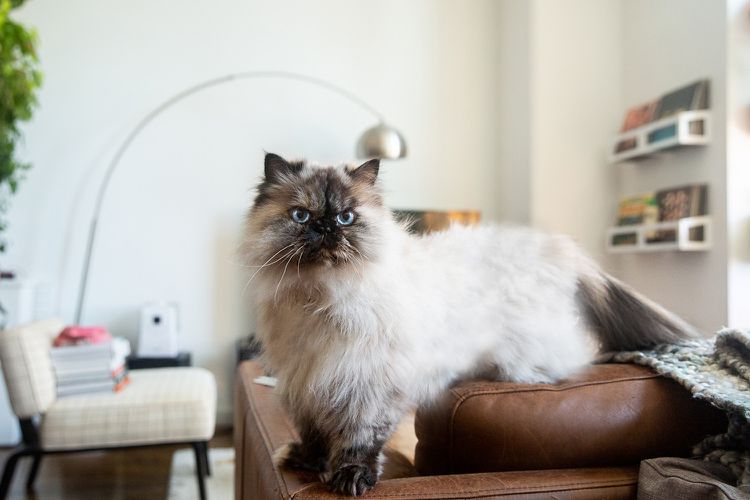
12 Most Popular Cat Breeds for Feline Lovers
These 12 cat breeds, like the Siamese and Sphynx, are known for their unique appearances and personalities. Learn what makes them so popular.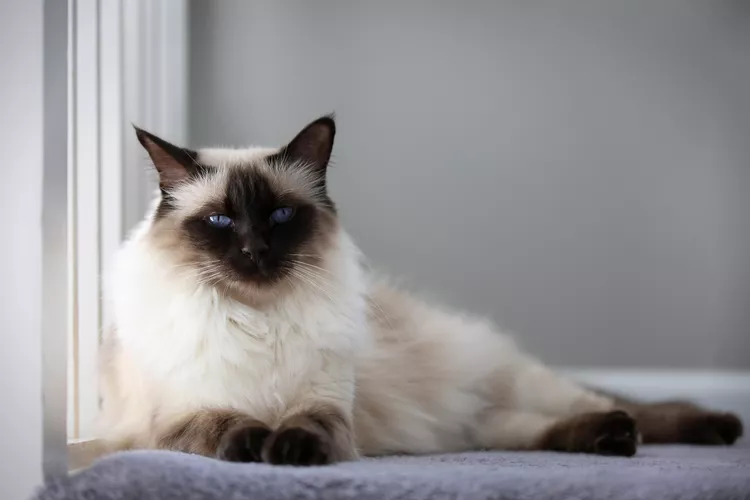
Balinese: Cat Breed Profile, Characteristics & Care
The Balinese cat is playful, sociable, elegant, intelligent, and a touch on the vocal side. Learn about the Balinese, including appearance, temperament, health, and care needs.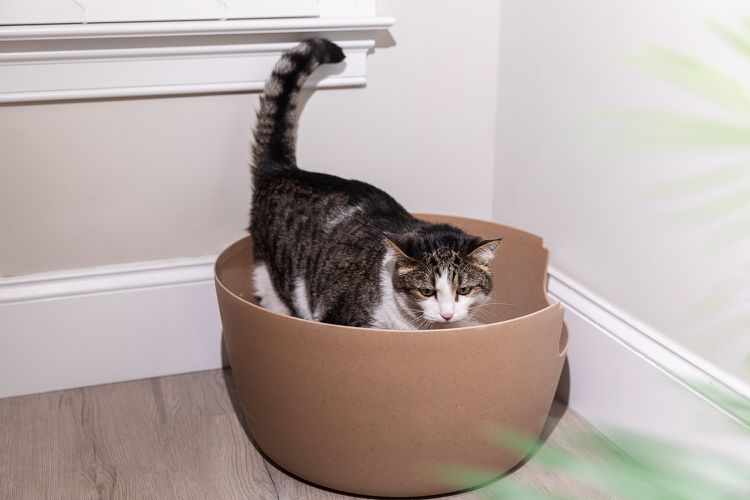
Why Cats Don't Always Cover Their Poop
Cats may not cover their poop for a few different reasons, including being territorial, sending a message to their owner, and not liking the litter.
Cavapoo: Dog Breed Characteristics & Care
The Cavapoo is a hybrid of the Cavalier King Charles spaniel and a toy or miniature poodle. Learn why these teddy-bear-looking dogs make the perfect addition to your family.
Why Dogs Eat Poop and How to Stop Them
Is your dog eating poop? Some dogs do this because of stress or illness. Learn how to prevent stool eating, or coprophagia, in dogs.
Can Dogs Get Depression? How to Help Your Sad Dog
Can dogs get depression? Learn about the signs of depression in dogs and find out how to help your sad dog.
4 Reasons Why Your Dog Licks Their Butt
Butt-licking in dogs can be a part of normal grooming, but excessive butt-licking is not normal. Read about the most common reasons for this behavior.